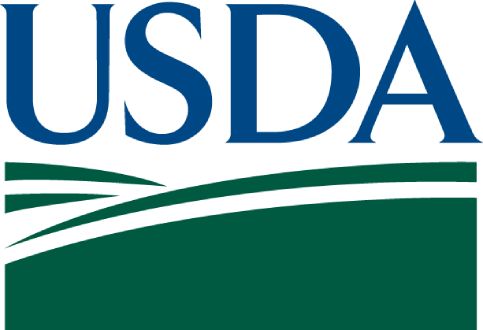The WIC Breastfeeding Policy Inventory Study (In Focus Brief)
WIC Local Agency Breastfeeding Policy and Practices Inventory (WIC BPI)
Prepared for:
U.S. Department of Agriculture, Food and Nutrition Service

Key Findings:
- Nearly 80 percent of local WIC agencies had at least one staff member with a breastfeeding credential, most often as a Certified Lactation Counselor. In addition, training new staff on breastfeeding promotion was common, particularly for peer counselors but also for breastfeeding coordinators and nutritionists. Nearly all local agencies provided ongoing training in breastfeeding promotion, especially for breastfeeding coordinators and peer counselors.
- Two-thirds of local WIC agencies operated a peer counseling program to provide breastfeeding support. Over half of these agencies enrolled new WIC participants into peer counseling automatically; among those without automatic enrollment, nearly all offered enrollment during a prenatal visit, with many also offering it during postpartum visits and when participants were having breastfeeding problems. Separate from peer counseling programs, WIC staff often had contact with pregnant participants by telephone, in nutrition education classes, and in breastfeeding support groups.
- Nearly all local agencies collected information about whether WIC participants started breastfeeding, how long they breastfed, and how long they breastfed exclusively. However, only about half collected information about how frequently participants breastfed in a day or a week. Agencies also varied considerably in the questions they asked to assess each of these measures and what each measure represented. For example, no more than 41 percent of local agencies asked the same question about how long the mothers breastfed.
The promotion and support of breastfeeding is a vital part of the nutrition services provided by the Special Supplemental Nutrition Program for Women, Infants, and Children (WIC). Targeted to low-income pregnant and postpartum women and children up to age five who are at nutritional risk, the WIC Program uses a variety of policies and practices in its state and local agencies to encourage expectant and new mothers to breastfeed. WIC does so through services such as breastfeeding education and peer counseling.
How do you apply evidence?
Take our quick four-question survey to help us curate evidence and insights that serve you.
Take our survey
